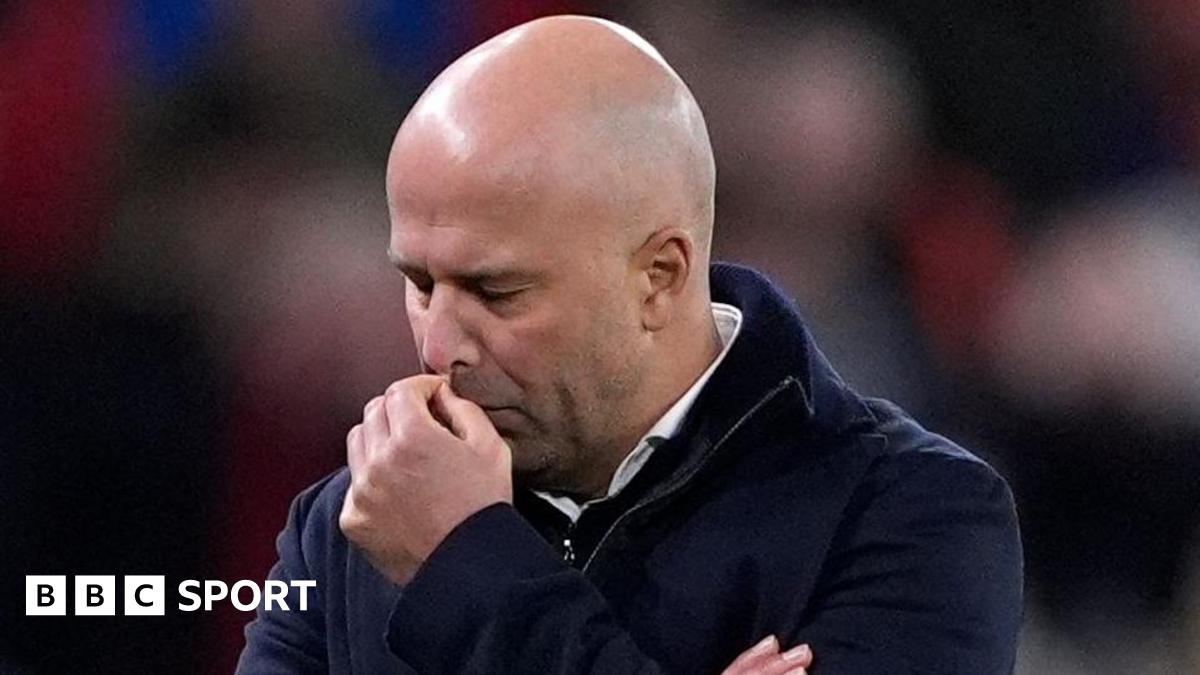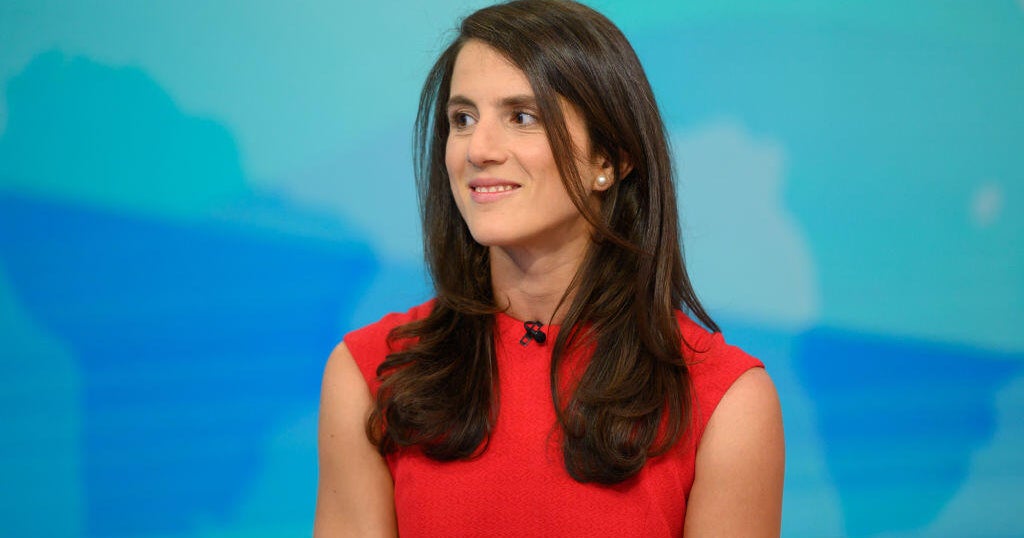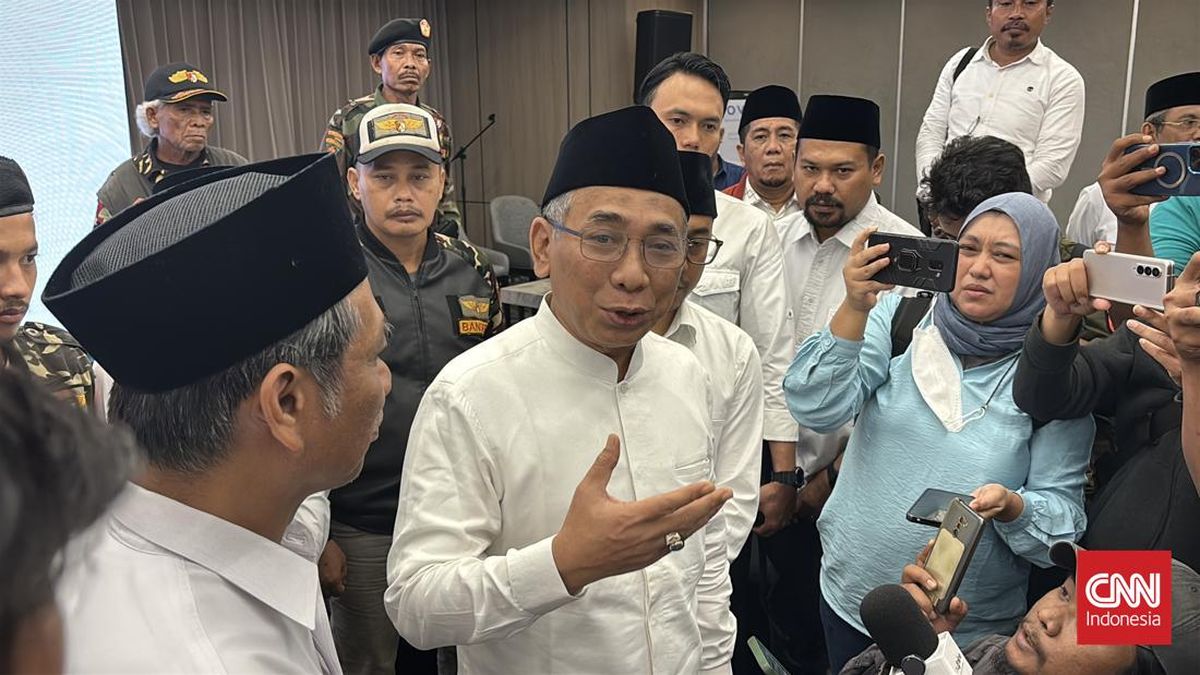His experience echoes Hong’s, of being part of a close-knit university community. The initial nerves he felt about making a major geographic change, particularly as a migrant and queer person, soon dissipated amidst a wave of support.

Regional universities like UNE attract students with their close-knit communities and diversity.
“There is a community of people like me in college,” says Nguyen. “There was already an established community of queer students doing a variety of courses. They all had a really beautiful culture; very neuro-diverse-friendly, very queer-friendly. They accepted me as their own; I felt safe and protected,” he adds.
Friends attending university in Sydney report travelling an hour each way and heading straight home after class. Hong and Nguyen, who both live at Mary White College at UNE, speak of an environment where medical students from senior to junior ranks readily cross paths and share experiences. “It’s really wonderful and rare,” says Nguyen.
Underscoring their sense of belonging and eagerness to contribute to college life, Hong is a residential leader at Mary White and Nguyen an academic mentor, connecting senior and junior students with twice-weekly gatherings that combine study and social interaction.
“You break that bubble and get people talking to each other,” says Nguyen.
Collegiality and support fire imagination
Regional Universities Network CEO Alec Webb says the more personalised experience of rural tertiary studies is a powerful drawcard.
Having worked in both regional and metropolitan university settings, he believes there is no comparison when it comes to connection.
“What immediately struck me as different, at a regional university the executives are known and seen,” says Webb. “You go to the coffee cart at UNE and the vice-chancellor is in line getting his cup of coffee and having a chat with students. That just doesn’t happen in Melbourne or Sydney.”

Regional Universities Network CEO Alec Webb.
Webb points to government-endorsed data from regular Quality Indicators for Learning and Teaching (QILT) surveys. These surveys indicate that graduates from regional universities not only report higher satisfaction rates than their metro counterparts, but also higher starting salaries as they enter the workforce.
Webb points to the flow-on effect of students staying in the regions to work, “which is a vital aspect of providing the workforce for regional Australia.”
Hong is a strong advocate for regional healthcare. She has experienced first-hand how hard it can be to see a doctor in regional Australia, either for illness or for vaccinations needed to take part in placements. During the latter, she has been inspired by the rapport between rural GPs and their patients.
It’s left her determined to help make a difference.
“I think I’ll be practising regionally,” says Hong. “I’m going to look into rural generalism where you are a GP with specialties on the side like paediatrics, obstetrics, gynaecology or a bit of surgery.
“I really like Wagga. Tamworth is great. I’ve seen Taree which is fantastic, too. I’m keen to see where this adventure takes me.”
For more information, visit www.une.edu.au.


















































